MS-LS4-1
Analyze and interpret data for patterns in the fossil record that document the existence, diversity, extinction, and change of life forms throughout the history of life on Earth under the assumption that natural laws operate today as in the past.
-
 Genetics
GeneticsHuman DNA carries hints of unknown extinct ancestor
A new study suggests people today carry genetic traces of now-extinct species unknown to science.
-
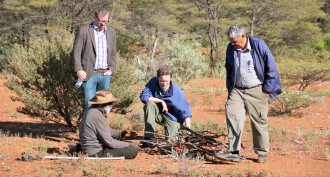 Climate
ClimateGlobe’s non-Africans all descend from a single move out of Africa
Look back far enough and everybody’s ancestors were African no more than 72,000 years ago. Climate scientists would up that date to perhaps 100,000 years ago.
-
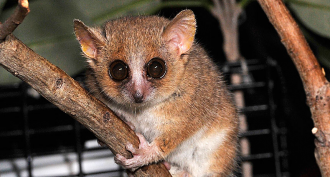 Life
LifeSurprising primate fossils found in an Indian coal mine
Bones of a 54.5-million-year-old primate suggest India might have been a hotbed of early primate evolution.
By Bruce Bower -
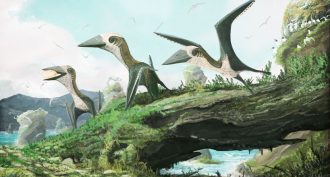 Fossils
FossilsMini pterosaur from the age of flying giants
Not all pterosaurs flying the Cretaceous skies had a wingspan as wide as a school bus is long. Some, new fossils show, were smaller than modern eagles.
By Meghan Rosen -
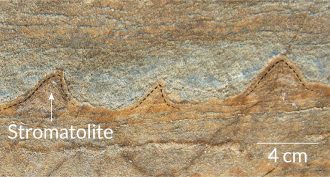 Fossils
FossilsThese may be the oldest fossils on Earth
Some mini mounds in Greenland may just be the earliest evidence of life on Earth, deposited a mere 800,000 years after our planet first formed.
-
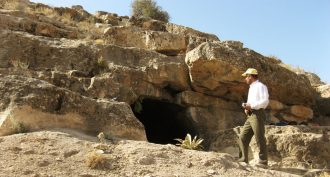 Archaeology
ArchaeologyThe first farmers were two groups, not one
The humans that began farming 10,000 years ago in the Fertile Crescent may have been two cultures living side-by-side.
-
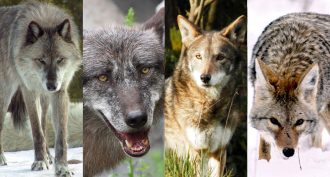 Genetics
GeneticsWolf species shake-up
A genetic study says red wolves and eastern wolves may really be mixtures of coyotes and gray wolves, not distinct species.
-
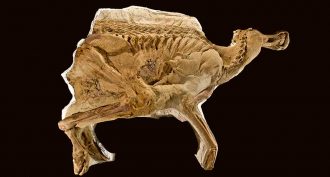 Fossils
FossilsParasites wormed their way into dino’s gut
Tiny burrows crisscross the stomach of a 77-million-year-old dinosaur fossil. These may be tracks left behind by slimy parasitic worms.
By Meghan Rosen -
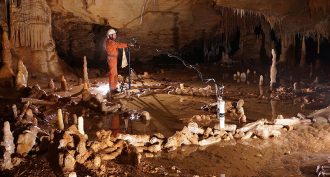 Archaeology
ArchaeologyNeandertals: Ancient Stone Age builders had tech skills
Neandertals built stalagmite circles in a French cave 176,500 years ago. These structures show that these ancient human cousins had social and technical skills.
By Bruce Bower -
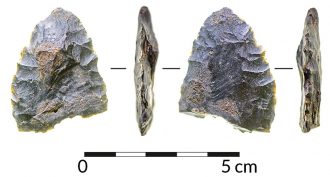 Archaeology
ArchaeologyHunter-gatherers roamed Florida 14,500 years ago
Tools and bones from a submerged site in Florida show that Stone Age people lived in North America earlier than was once thought.
By Bruce Bower -
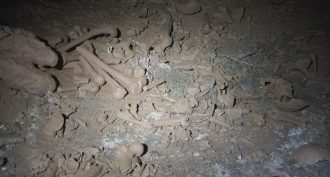 Archaeology
ArchaeologyRemains of long-ago child sacrifices found in Belize cave
Thousands of bones in Belize’s Midnight Terror Cave show that the Maya had a long tradition of human sacrifices. New data show that many had been children.
By Bruce Bower -
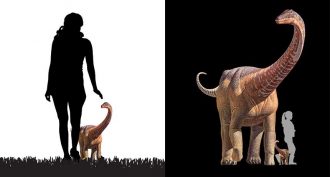 Fossils
FossilsBaby titanosaur was a mini version of its parents
Fossils show that baby titanosaurs looked like mom and dad. They may have been active and independent from a young age.
By Meghan Rosen